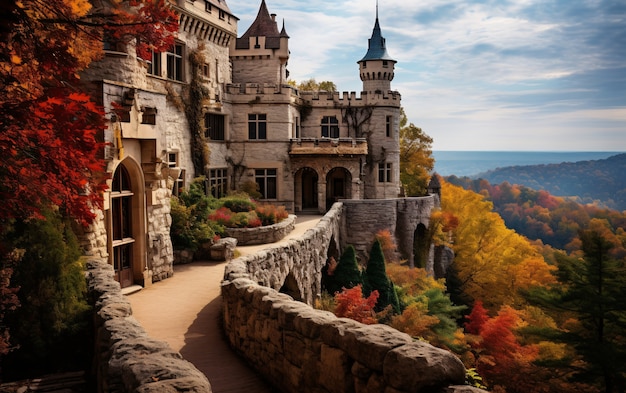
If you’re not a wine expert, you might not know that Lebanon produces some top-notch wines that can compete with the best from Bordeaux. During my recent trip to Lebanon, I had the chance to visit the Chateau Musar winery, which is famous worldwide for its winemaking.
We met with Gaston Hochar, the grandson of the winery’s founder, and Tarek Sakr, a top winemaker who trained in Bordeaux. Both are passionate about their wines and explained how Chateau Musar aims to create exceptional wines as naturally as possible. Tarek mentioned that the warm, dry climate of the Bekaa Valley is ideal for growing high-quality, fully matured grapes, which are essential for making great wines.
Two years ago, the winery received organic certification for their grapes, and their wines are made using organic principles, avoiding the typical treatments and pesticides used in non-organic vineyards. We joked that such naturally produced wine must be hangover-free, but they explained that headaches from wine are usually due to the excessive use of sulfur on the grapes to prevent oxidation.
Since the 1980s, Chateau Musar has had an office in London, serving as their European distribution center. They produce three different ranges of wine. The premier line, Chateau Musar wines, made from cabernet sauvignon, carignan, and cinsault grapes, are full-bodied and aged in oak, released after seven years. The second range, Hochar Père et Fils, follows the same philosophy, aged in oak and released after two years. The Cuvée Musar is a light and fruity wine meant for everyday drinking. For the European market, the Cuvée Musar is branded as Musar Jeune with a trendy new label.
Gaston Hochar explained that Musar wines have a distinctive taste, saying, “Once you’ve tasted our wine, you can recognize it anywhere.” We joked that after visiting, we wouldn’t want to drink anything else, but Gaston insisted, “No – you must try others, then you can come back to Musar and understand what makes it special.”
Gaston shared a story about how the Hochar family was featured in a Christmas issue of a wine magazine, enjoying their Christmas lunch Lebanese style. The lunch had to be photographed in July due to magazine lead times, one of the hottest times of the year. The children were happy, though, as they had presents under the Christmas tree, brought out of storage for the occasion.
The conversation shifted to the number of journalists hosted at Chateau Musar, including English celebrity chef Jamie Oliver, who featured Lebanese foods and wines in his new food magazine. Gaston mentioned that journalists often want to discuss the war, but the Lebanese prefer to focus on the present and future, leaving political troubles behind.
Tarek later shared how, during the 2006 June War with Israel, they flew the Chateau Musar flag on trucks transporting grapes to the winery, hoping warplanes would distinguish them from military vehicles. He believed the winery’s reputation depended on producing great wines in both good and bad times.
Back in the UK, I was delighted to find Chateau Musar wines at my local Majestic Wines. I stocked up on a case for special occasions. The wine merchant assured me that these Lebanese reds were equivalent to a top Bordeaux wine at half the price and were very popular in France. So, grab some to enjoy with friends before the whole world catches on.
Chateau Musar welcomes visitors for a tour and tasting by appointment. The winery is a 45-minute drive north of Beirut, in the hills above Jounieh. To find out where Chateau Musar wines are stocked in your country, you can email them via their website’s contact page.